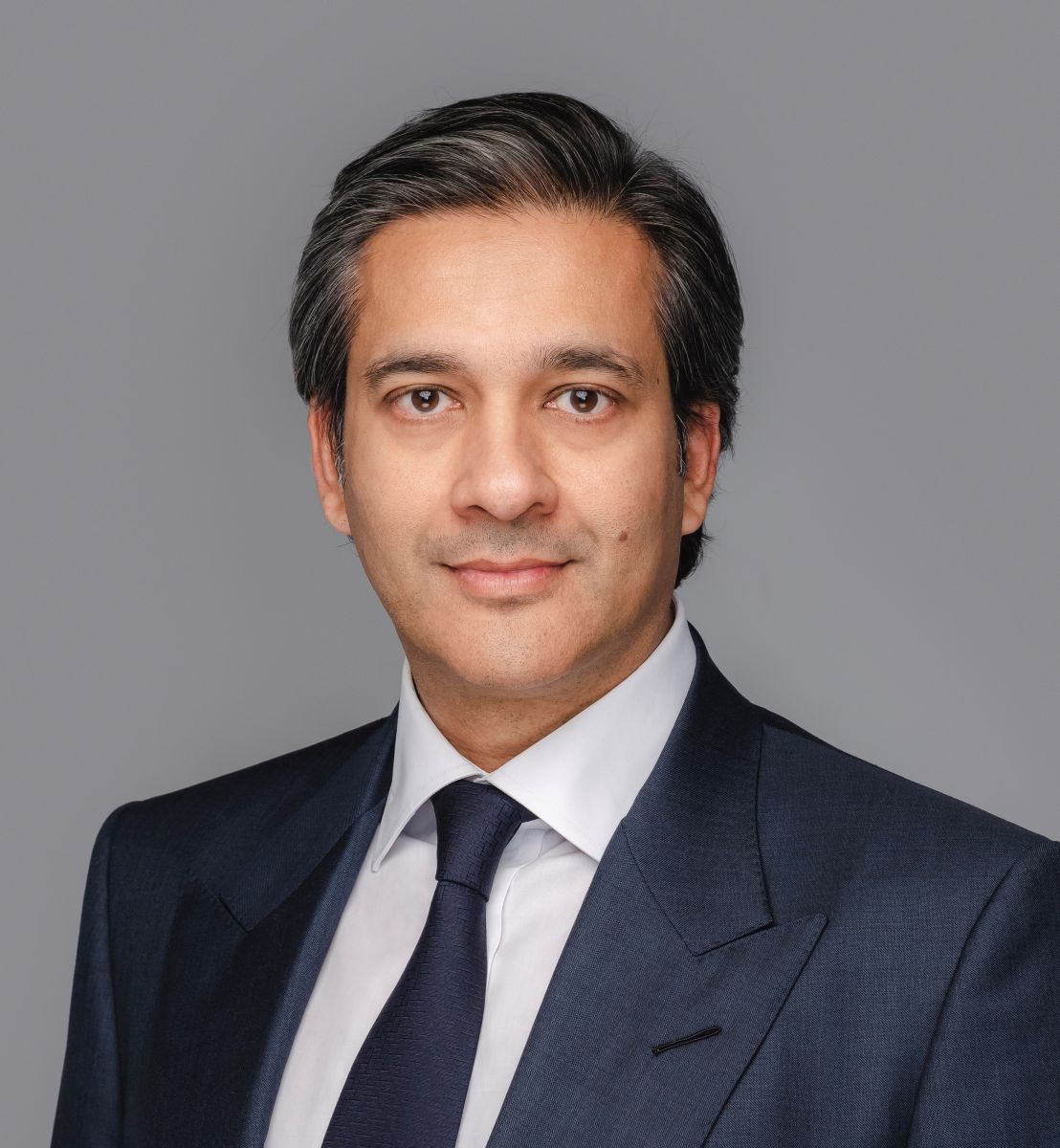Company Profiles
Lombard Odier Says Its Stability, Closeness To Clients Will Win In Gulf

We talk to the MENA International head and senior executive officer at the Geneva-headquartered bank about its approach to the Middle East market, particularly at a time of ferment in the world's banking sector.
The private banking industry has been changed by consolidation
and while there are reasons some businesses go for scale, many
high net worth and ultra-HNW people prefer “pure-play” private
banking which is also bespoke and close to what clients want, a
senior Lombard
Odier banker says.
There’s been plenty of consolidation around – such as the
UBS/Credit Suisse merger in March of 2023 – and there may be
more to come. What is always at stake, but not always addressed,
is where this leaves the actual client.
In regions such as the Middle East, there remains a premium for
banks with tradition, the ability to be patient, and the capacity
to understand clients’ specific needs, Amer Malik (pictured),
head of Middle East International and senior executive officer,
told WealthBriefing. We met Malik recently at Lombard
Odier’s offices in Geneva.
“They [clients] are realising that bigger is not necessarily
better. They like a pure-play private bank with a Swiss heritage
and security,” he said.
Such qualities count when, for example, the Middle East region is
seeing more than $1 trillion changing hands between generations
between now and 2030, Malik said (1). He referred to industry
figures showing that more than 85 per cent of people who inherit
wealth decide to use a different advisor to their parents (2).
“What sets us apart is our ability to be nimble and bespoke,” he
said, arguing that Lombard Odier benefits from having a
relatively “flat hierarchy.”
In February, Lombard Odier reported that its assets under
management were SFr193 billion ($214.6 billion) at the end of
December 2023, up from SFr192 billion at end-2022. Positive net
new money inflows and a favourable market impact were offset by
negative currency effects, due to the strengthening of the Swiss
franc. At end-2023, operating income stood at SFr1.402 billion
(vs SFr1.380 billion in 2022); consolidated net profit was SFr221
million (vs SFr243 million in 2022).
DIFC and Abu Dhabi Global Market
Malik is based in the gate building of the
Dubai International Financial Centre. He was appointed to the
Swiss private bank in May last year, having previously worked for
Julius Baer for
more than eight years, and was also based in Dubai at that Swiss
private bank. Prior to that, he was at the private banking arm of
HSBC.
Dubai’s growth – it is now a major centre for non-resident
Indians, expat Europeans (UK, continental Europe, etc), and those
from the Middle East – makes it an important wealth hub. It
has added the expat, international dimension after having
initially focused on serving domestic Gulf region money. With
Abu
Dhabi Global Market taking the competitive game to the DIFC,
these are interesting times to be a Gulf-based banker.
And, with the UK ending the resident non-domicile (“non-dom”)
system, places such as the United Arab Emirates are in a position
to prove their attractions. “The UAE already has a vibrant expat
community out there," he said, arguing that beyond rising
financial and business sophistication, the quality of life, and
safety of the jurisdiction, is a draw.
Besides its office in the DIFC and ADGM, Lombard Odier also
covers the region via Switzerland. Wealthy individuals from the
Gulf have a long-standing like of visiting the Alpine state.
Around 30 staff are based in the region.
One shift that Malik noted is that many expats used to go to the
region thinking they were making a short-term move, but more have
chosen to stay. This is aided by the UAE widening access to
residency visas.
This publication asked Malik how the firm measures
success.
“We don’t measure success only in terms of numbers. We feel great
pride when our clients trust us enough to introduce us to their
children and involve us at an early stage to educate the next
generation. We are pleased to be able to introduce them to the
world of investments and wealth management, which in turn enables
us to better understand their needs and form strong bonds. That
is success for us,” he replied.
“On the financial side, we have ambitious growth plans for the
region, with increased coverage from Switzerland and the UAE. Our
short-term target for the UAE offices is to double client assets
by 2026,” he continued.
Malik enthused about a number of hires.
“We are also reinforcing our focus on the region at the level of
the executive committee supervising the bank’s wealth management.
The recruitment earlier this year of experienced manager Ali
Janoudi to lead the business not only in the Middle East but also
in Turkey, Eastern Europe and Africa, is the perfect
demonstration of our commitment to these important and promising
markets,” he said.
The opportunities are there to be seized, he concluded.
“The next generation of clients should be of utmost importance
for all wealth managers. Over two thirds of the next generation
inheriting wealth change the financial advisors of their parents.
With $1 trillion of intergenerational wealth transfer expected in
the Middle East by 2030, this topic should be of utmost
importance. It is a challenge as well as an opportunity for
wealth managers, depending on how they prepare themselves and
adapt to the preferences of the next generation of clients,” he
said.
(In November 2023, Lombard Odier won two prestigious prizes at
the WealthBriefing MENA Awards for Excellence for the
second year in row. The bank collected the awards for best
"Overall International Private Bank" and best
"Shariah-Compliant Wealth Management Offering," having won
both last year.)
Footnotes
1, Almost $1 trillion ME assets to be transferred to
next gen by 2030 (citywire.com)
2, Attracting the next generation of inheritors and
self-made wealthy (ft.com)